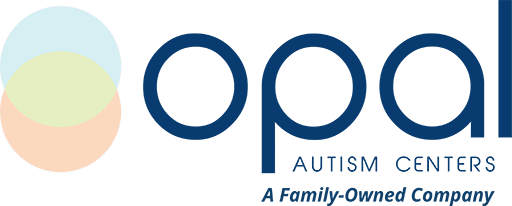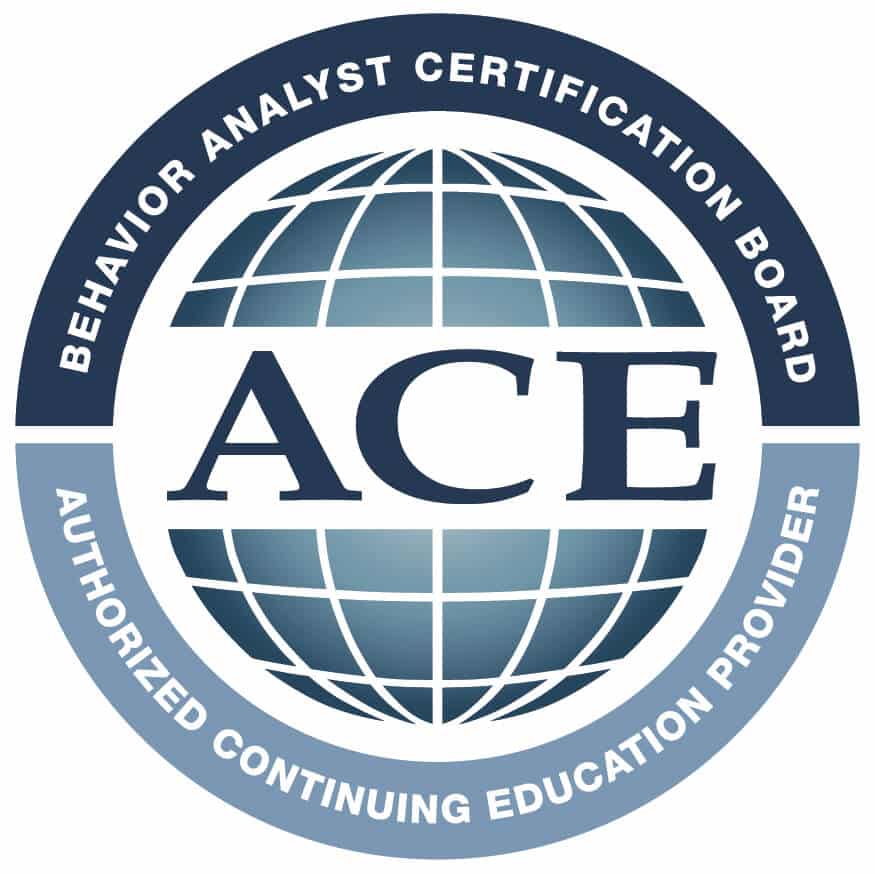You are looking for an ABA therapy provider for your child. But, where do you start?
How do you find the right ABA provider? You may have been given a list of ABA providers in the area. You may have pulled up a search engine to search for providers in the area. You may have friends who have recommended a company to you. You have some choices to make now. It can be difficult to navigate through the possible providers in your area and find the provider that is best for your family.
This post will give you advice for your search.
Each Company is Different
Services will vary from company to company. The policies and procedures they will follow will vary based on the different requirements they must follow. Be sure to learn about these policies as well as their hours of operations, the ages that they provide services for, and the types of services they provide. See if these will fit into your family’s needs. It’s important to note that ABA therapy is more intensive and will require more time and commitment than other therapies your child may already receive, such as speech or OT. You will find some companies that provide home-based therapy, school-based therapy, center/clinic-based therapy, and/or any combination of the above listed. Use this information to help identify the questions you may have.
Understand How ABA Therapy is Provided
Keep in mind, that you can verify the credentials and standing of any provider. The BACB website (as well as other credential board websites) has a registry that is accessible to everyone for all credentialed individuals. A quick search on the registry will verify that information.
The company you’re looking at will have a BCBA (Board Certified Behavior Analyst) who will work with you and your family. This professional holds at least a Master’s Degree and will have additional years of training and experience in the field of ABA. The BCBA will be the clinician who will complete assessments and evaluations, develop the programs and goals that will be focused on during therapy, provide supervision to RBTs, monitor your child’s progress (making adjustments and modifications as needed), and more. The BCBA should work closely with you and your family in understanding your child’s individual needs. They will provide training and support to you family. Some companies will have a BCaBA (Board Certified Assistant Behavior Analyst) or equivalent certification from a different credentialing board. This is a professional with at least a Bachelor’s Degree. They are able to assist with many of the services of the BCBA and can often provide direct 1:1 therapy as well.
An RBT (Registered Behavior Technician) or equivalent certification from a different credentialing board will be providing most (if not all) of the direct 1:1 therapy your child will receive. They will follow the program as written by the BCBA and take data for each of the goals they work on. Some children will have more than one RBT on their team, this helps in generalization (making sure that your child is able to learn and use necessary skills with others. The RBT works under the continued supervision of a BCBA. This person will have gone through additional training in ABA. They will need to be fun, flexible, and engaging.
Identify”Red Flags” to Watch Out For (For Current or Potential Providers):
If you are looking at a center-based company and are refused a chance to explore the center outside of normal therapy hours (note that due to privacy and safety of clients, you may not be able to explore the center during therapy sessions or sit in on someone’s session). You should be able to see the space where your child will be having therapy.
If the center does not feel inviting, safe, or comfortable. Trust your gut. The center should spark interest and imagination in children. It should be fun. It should have different toys, games, and activities. It should feel safe and comfortable. Does it have the basics? Clean bathrooms, clean drinking water, etc.?
If it is home-based services and they never come prepared. If the RBT is not provided with the necessary items to provide therapy in the home.
If you feel like your questions are not answered or you cannot be directed to someone who has answers. Or if your questions or concerns are brushed off.
If you feel like there isn’t enough communication. Do they keep you updated on your child’s progress? Do they check in with how things are going at home? OR do you feel like your voice/input is not being heard? Do not feel pressured or pushed into something that you don’t feel is right for your child. They should not run goals that you don’t agree with. Reciprocal communication with your BCBA is important.
Do you never get family guidance or meetings with your ABA provider?
You do not need to stop other services to get ABA. Speech, OT, etc. are important. Collaborative efforts should be made with other professionals and not discouraged.
Does everyone you come across not seem happy to be working there? You want a place where people are respectful, professional, and passionate about their work. ABA therapy can be a challenging field sometimes and is not for everyone. But have you noticed an unusually high turnover of staff that doesn’t seem to get better?
Are they practicing within their scope? Sometimes companies may be so eager to please families that they don’t have boundaries or say “Yes” to everything, even if it’s what’s best for the client. But make sure they have the right experience or supervision to meet your child’s needs.
These are just a few red flags. A company should be honest with you. If they are not the best fit for your family, they should let you know that and help you find a place that is. Be sure to trust your gut and follow up with questions and gain clarity on any concerns you have. Make sure to create a list of questions you want to cover before you meet with the company. Ask questions related to your child’s unique needs. Ask questions about what to expect from services. Find out what makes the company stand out for the better.







